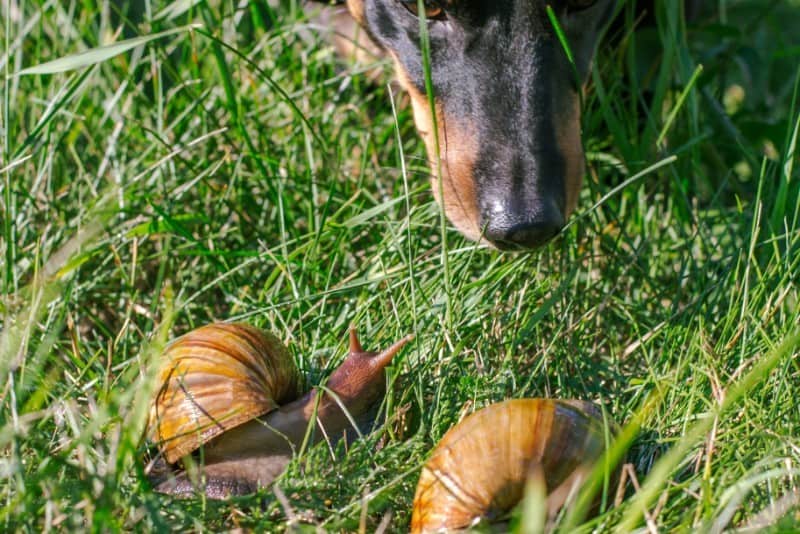Rodenticide Poisoning in Pets

No one wants mice, rats, gophers, or other critters invading their home or yard. Rodenticides are chemicals used to kill these small animals, but unfortunately, anything that can kill a rodent can also kill a dog or cat.
Rodenticide poisoning in pets is a serious problem, and the team at Rocklin Ranch Veterinary Hospital wants to make sure pet owners know how to protect their furry companions.
Symptoms of Rodenticide Poisoning in Pets
It doesn’t take much rodenticide to injure or kill a pet. The degree of damage will depend on your pet’s size, the amount consumed, the time elapsed since consumption, and the active ingredient in the poison.
Brain swelling, internal hemorrhage, and kidney failure are the most common results of rodenticide poisoning in pets. Symptoms include:
- Pale gums
- Lethargy
- Vomiting/diarrhea
- Bleeding from the nose
- Bloody urine or feces
- Bruising under the skin
- Coughing/labored breathing
In It an Emergency?
Ingestion of rodenticides should be considered a life-threatening emergency. Bring your pet in to see us immediately (call ahead if possible so we can be prepared for your pet’s arrival). We’re equipped to respond to an emergency during our regular business hours; otherwise, please see our website for the nearest emergency veterinary hospital.
The Dangers of Rodenticides
Rodenticides are designed to be tasty in order to attract rats and mice. Unfortunately, the appealing smell and taste also attracts dogs and cats. Just because your pet has never investigated rodenticides before doesn’t mean they won’t in the future.
It’s easy to assume that simply placing the poison in an area your pet can’t reach is good enough. However, keep in mind that rodents often transport the nuggets or granules to other storage locations your pet can access.
Safe Alternatives
Making your home less hospitable to pests can be accomplished without the use of dangerous toxins. Try the following ideas to protect your pet and your property:
- Research traps, ultrasonic devices, and other toxin-free rodent prevention products.
- Fill in all gaps in your home that are larger than the diameter of a pencil.
- Keep food in tightly sealed containers or stored in the refrigerator at all times.
- Store pet food in bins that can be securely closed after each use.
- Keep the area around the outside of your home free of leaf piles, tall grasses, and debris that can provide housing and bedding for rodents.
Please let us know if you have additional questions about rodenticide poisoning in pets.

